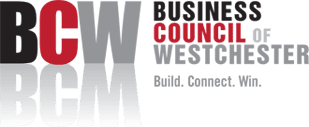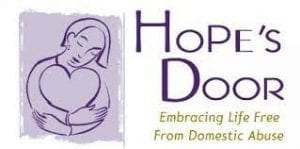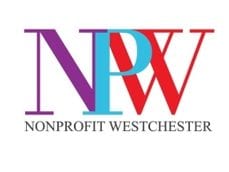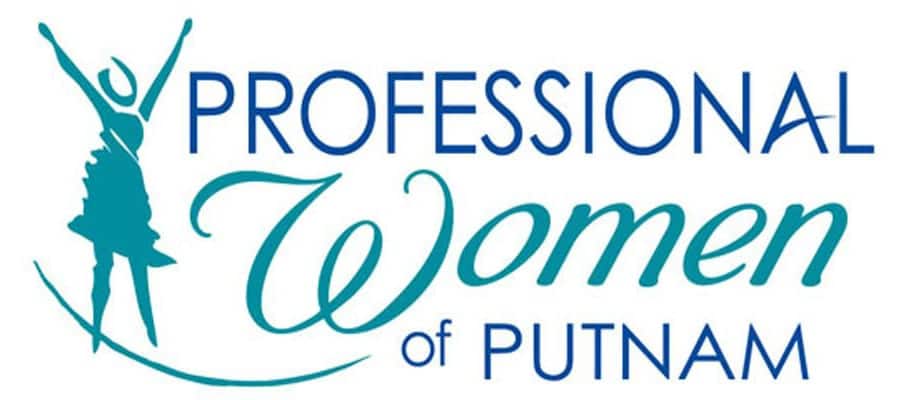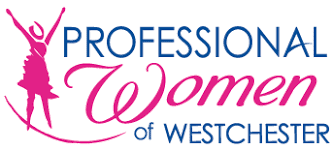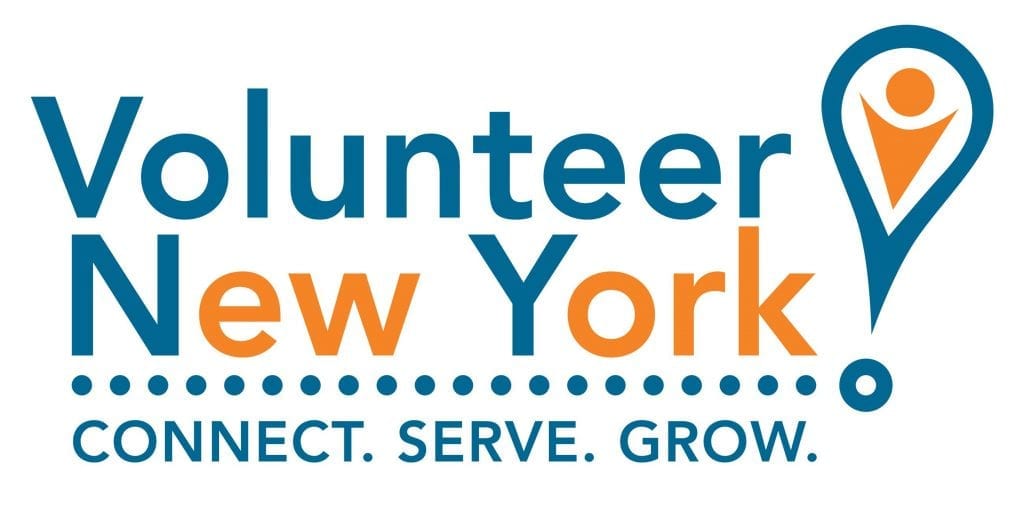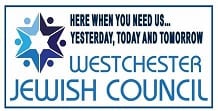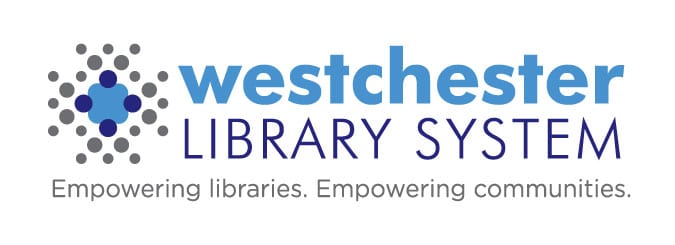DAY 17: Disability
Today’s focus is Disability and Different Abilities. This is the reality for almost 250,000 Americans with disabilities. They are paid below the minimum wage, simply because they have a disability.
The Americans with Disabilities Act (ADA) was passed in 1990 and good progress has been made. However, it has not reached its full potential of assuring equal opportunities to people with disabilities. For example, individuals with disabilities are still more than twice as likely to live in poverty as those without disabilities. Only 32% of working-age people with disabilities are employed, and over 250,000 people with intellectual or developmental disabilities are paid below minimum wage through 14(c) waivers that allow businesses to legally pay people with some disabilities an average of $2 per hour.
People with disabilities still experience many barriers that limit full integration into the community, which create health inequities. They are two times more likely to smoke and are more likely to have had heart disease, stroke, cancer, or diabetes than those without disabilities.
Women with disabilities are less likely to have received a mammogram in the past two years. Some of the contributing factors include inaccessible medical equipment, lack of knowledge among health and wellness practitioners about disability and accommodations, and barriers to communication with people with disabilities.
Having a disability does not mean a person is not healthy or that he or she cannot be healthy. They do require healthcare that meets their needs as a whole person, not just as a person with a disability.
People with disabilities want to be included in everyday activities with peers who do not have a disability. This includes social activities, using public transit or libraries, receiving adequate healthcare, having relationships, and enjoying recreational activities
These articles were curated by a local committee to be used as a list of resources pertinent to DEI topics. The 21-Day Racial Equity Challenge Committee would like to thank and give attribution to those who created the content above, which reflects their individual perspectives. We do not support nor endorse any advertisements associated with the above content.
REFLECT...
Use these following prompts to reflect on the information you consumed today:
- Knowing that you could become disabled at any point in time… How would your life change?
- What barriers would you face?
- What positive impact(s) may it have in your life?
- What are some ideas of how you could advocate for equity and inclusion for persons with disabilities?
TAKE ACTION...
Your action item of the day is to…
Visit an accessible park or accessible trail to see and experience important features like curb cuts, playground equipment, ramps, and braille signs.
Then, walk around your neighborhood and notice what places are not accessible to people with disabilities (physical, hearing, sight, cognition, mental illness, or someone with multiple disabilities).
What areas would be challenging to visit and enjoy? How could those areas become more accessible?
PROGRESS
YOU HAVE COMPLETED 17 OUT OF 21 DAYS OF THE CHALLENGE!
This 21 Day Racial Equity Challenge is Presented By....
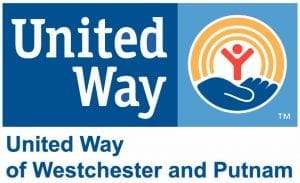
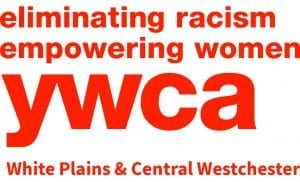
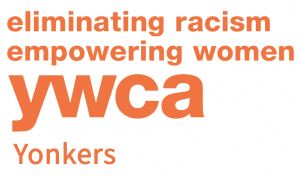
Thank You to Our Community Partners...
